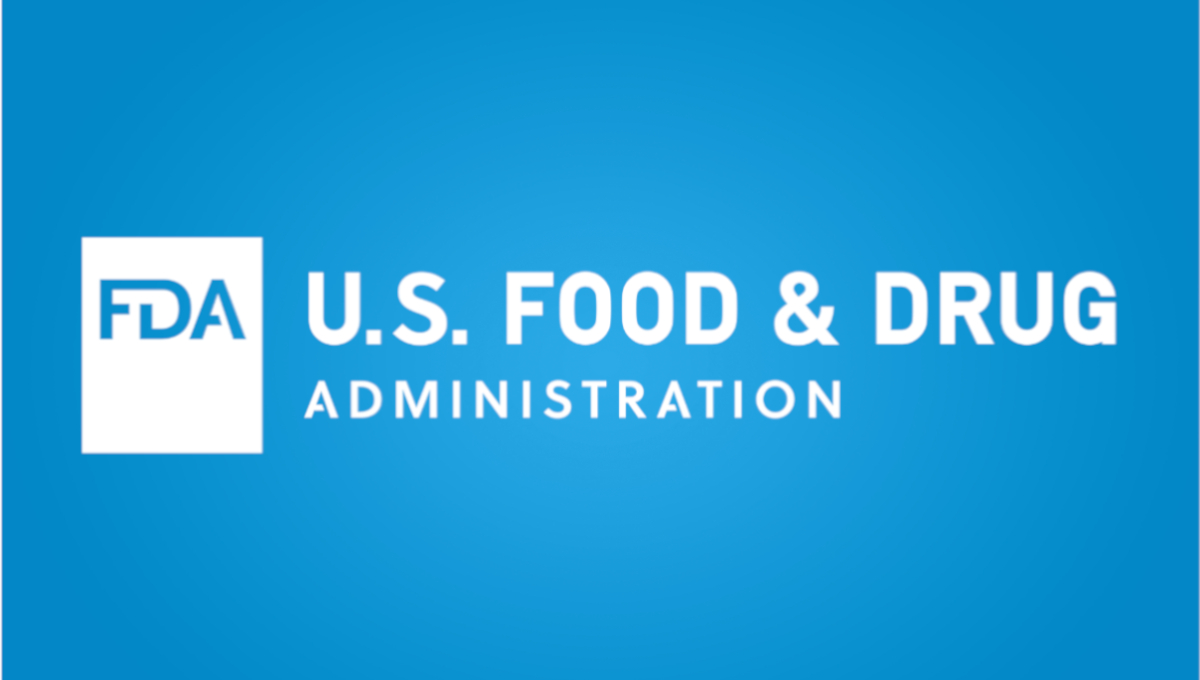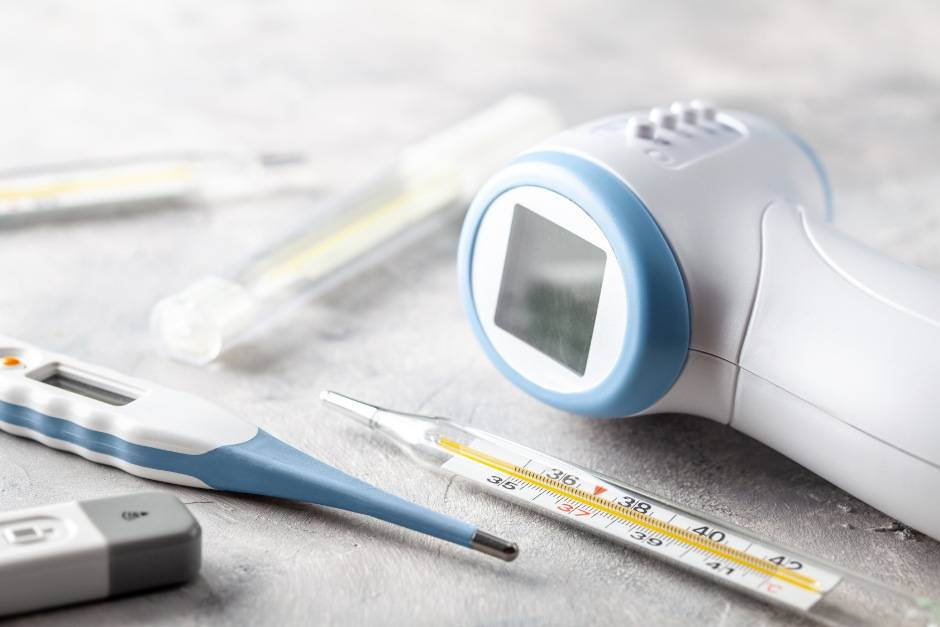The article provides an overview of the existing framework for electronic thermometers.

Table of content
The Food and Drug Administration (FDA or the Agency), the US regulating authority in the sphere of healthcare products, has issued a guidance document dedicated to the enforcement policy for clinical electronic thermometers.
The document provides an overview of the applicable regulatory requirements, as well as additional clarifications and recommendations.
At the same time, it is important to mention that provisions of the guidance are non-binding in their legal nature, nor are they intended to introduce new rules or impose new obligations.
The authority explicitly states that an alternative approach could be applied, provided such an approach is in line with the existing legal framework and has been agreed with the authority in advance.
Provisions of the present guidance are based on the temporary policy introduced by the FDA in the context of the outbreak of Coronavirus Disease 2019 (COVID-19) caused by the virus SARS-CoV-2 (or the novel coronavirus) and the respective Public Health Emergency (PHE) declared by the Secretary of Health and Human Services (HHS) under section 319 of the Public Health Service Act (PHS Act).
On March 13, 2023, a notable announcement was made through the Federal Register, indicating an extension of this guidance’s validity for 180 days post the conclusion of the COVID-19 PHE declaration. During this extension period, the FDA committed to further revising the guidance.
It was recognized that clinical electronic thermometers serve as vital instruments in measuring patient body temperatures, thus playing a critical role in screening and diagnosis, especially for conditions like COVID-19.
As it was mentioned before, the FDA’s initial policies regarding clinical electronic thermometers were a strategic response to an urgent public health need.
They were intended to prevent or mitigate potential shortages by expanding their availability as demand soared, especially in critical settings such as airports and hospitals.
The FDA’s experience since the first issuance of the “Enforcement Policy for Clinical Electronic Thermometers During the Coronavirus Disease 2019 (COVID-19) Public Health Emergency” has largely supported the continuation of certain enforcement policies for these devices beyond the COVID-19 PHE, which officially ended on May 11, 2023.
This approach was backed by an evaluation of benefits and risks to patients and healthcare providers, and by identifying specific device types where ongoing enforcement policies might be appropriate.
Scope of the Guidance
The scope of the enforcement policies described in the guidance covers clinical electronic thermometers, classified as Class II devices under 21 CFR 880.2910, with the product code FLL.
This classification includes both contact and non-contact clinical electronic thermometers.

Policy and Regulatory Considerations
The policy establishes that manufacturers of clinical electronic thermometers are generally required to submit a premarket notification under section 510(k) of the FD&C Act to the FDA, obtain clearance, and adhere to post-marketing and other regulations.
Based on the experience of the COVID-19 pandemic, the FDA is proposing to exempt certain clinical electronic thermometers—specifically those without telethermography or continuous temperature measurement functions—from these premarket notification requirements.
However, other statutory and regulatory requirements would still apply.
For clinical thermometer types that might present unique considerations, manufacturers are encouraged to initiate discussions with the Agency through the Q-Submission Program.
The FDA maintains its stance on making decisions on a case-by-case basis regarding the enforcement of legal requirements, adapting to specific circumstances and inquiries related to individual devices or device types.
Conclusion
In summary, the present FDA guidance provides an overview of the applicable regulatory requirements for clinical electronic thermometers.
The document briefly describes how the policy was initially created and then improved, and also explains the general intention of the authority when it comes to its further development.
How Can RegDesk Help?
RegDesk is a holistic Regulatory Information Management System that provides medical device and pharma companies with regulatory intelligence for over 120 markets worldwide. It can help you prepare and publish global applications, manage standards, run change assessments, and obtain real-time alerts on regulatory changes through a centralized platform. Our clients also have access to our network of over 4000 compliance experts worldwide to obtain verification on critical questions. Global expansion has never been this simple.

